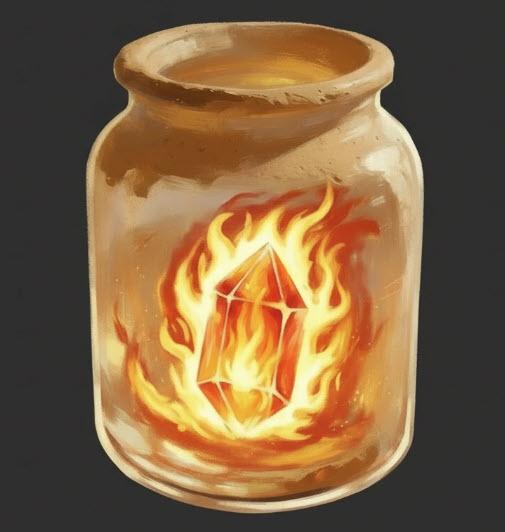Deir Alla and Balaam’s Curse - Enjoying the Journey
“And Moab said unto the elders of Midian, Now shall this company lick up all that are round about us, as the ox licketh up the grass of the field. And Balak the son of Zippor was king of the Moabites at that time. He sent messengers therefore unto Balaam the son of Beor to Pethor, which is by the river of the land of the children of his people, to call him, saying, Behold, there is a people come out from Egypt: behold, they cover the face of the earth, and they abide over against me: Come now therefore, I pray thee, curse me this people; for they are too mighty for me: peradventure I shall prevail, that we may smite them, and that I may drive them out of the land: for I wot that he whom thou blessest is blessed, and he whom thou cursest is cursed” (Numbers 22:4-6).
Tell Deir Alla is a small site located east of the Jordan River, in the modern kingdom of Jordan. It has been identified with the biblical site of Succoth in the Hebrew Bible. After Jacob wrestled with God on the banks of the Jabbok River he camped at Succoth and made booths (succoth) in Genesis 33:17, giving the place its name. The site is situated where the Jabbok River flows into the Jordan River. However, centuries after Jacob lived here, it was linked to another, more sinister story from the Bible.
What connects Succoth to the story of Balaam is one of the most remarkable finds so far in biblical archeology. Dutch archeologists were excavating the site in 1967 when a Jordanian assistant noticed some writing on a piece of rubble. What he found that day is known as the Deir Alla inscription. It was written with red and black ink on plaster, and relates a portion of the “book of Balaam, son of Beor.”
In the Bible account, Balaam initially refused to accompany the king of Moab’s messengers but eventually obtained God’s permission. Along the way, he was famously reprimanded by his donkey, despite her saving his life from an armed angel. He obeyed God and only blessed the Israelites, despite the king of Moab bringing him there to curse them. Balaam did not verbally curse the Israelites, instead he found a loophole. (Numbers 31:16) He counseled the Moabites and their allies, the Midianites, to fraternize with the Israelites, seduce them into Baal worship, and to engage in fornication (Numbers 25:1-3). Several books of the Bible allude to his desire for money so we can deduce that was his motivation to skirt the commands of God and to in reality bring a curse on Israel. As a result, God sent a plague that was only stopped by the zeal of Phinehas. When the Israelites sacked Balaam’s area they killed him alongside the kings of Midian for what he did (31:8).
It is amazing that any of the Deir Alla inscription survived for thousands of years, being that it was written in ink. Unfortunately, the inscription is incomplete, but the first lines indicate that it was part of a book of Balaam. Perhaps future excavations will uncover more. The fragments are written in a peculiar Canaanite dialect and tell of God’s doing. However, the actions they relate are blasphemous, and contradict the Bible. They hint at immorality in the worship of God, and polytheism, which are the very sins for which God punished the Israelites. The excavations at Deir Alla also uncovered some clay tablets with writing in an as yet unidentified language. Hopefully in the future researchers will successfully read them and they will tell us more about this sinful prophet.
Balaam the prophet wanted to obey God, but he wanted money more. As such, he spoke some of the most beautiful blessings in all of the Bible, while slyly offering malicious advice to the kings of Moab and Midian. Christian, false prophets always come to us with a mouth full of blessings, while mixing them with evil counsel. Are you following the advice of Balaam and mixing the worship of God with idolatry? What about fornication? If so, I urge you to repent before God sends His judgment.
“But I have a few things against thee, because thou hast there them that hold the doctrine of Balaam, who taught Balac to cast a stumblingblock before the children of Israel, to eat things sacrificed unto idols, and to commit fornication” (Revelation 2:14).







